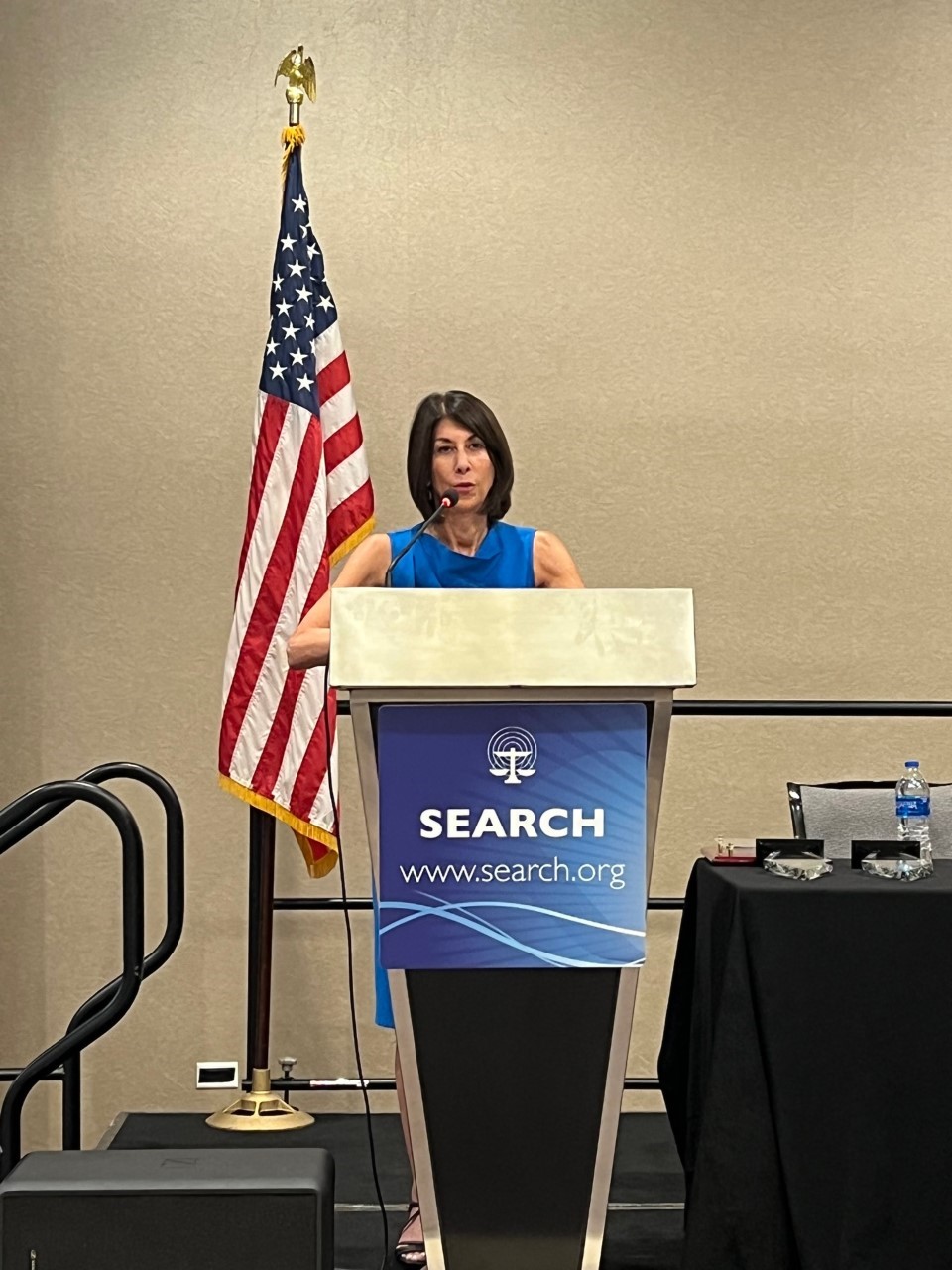Police reform
Dialogue that Works: Examining Police Communication Strategies and Citizen Compliance
Infusing Evidence into Police Reform: Field Initiated Action Research with the Louisville Metro Police Department
“To Protect and To Serve …and To Listen” Adding a New Dimension to Policing Los Angeles
Us Versus Them? The Problem of Cognitive Distortions in Policing
Technology Use and Constituting Structures: Accounting for the Consequences of Information Technology on Police Organizational Change
"Experience of the Expected?" Race and Ethnicity Differences in the Effects of Police Contact on Youth
Coinciding crises: The effects of the police legitimacy and opioid crises on the culture of a specialized drug investigation unit
The Effects of Hot Spot Policing on Community Experiences and Perceptions in a Time of COVID-19 and Calls for Police Reform
Policing Leadership and Accountability: Harnessing Big Data and Causal Inference for Evaluating Police Reform Practices
Exploring Officer Patrol Behaviors Using Automated Vehicle Locator and Body-Worn Camera Data in Kansas City, Missouri
Internal Affairs Complaint Investigations: A Multi-Site Comparison
Breaking the Code of Silence: The Importance of Control Systems and Empathy Toward Outgroups
De-escalation Training: What Works, Implementation Lessons, and Taking It to Scale; Plenary at the 2023 NIJ Research Conference
Police use of force, while infrequently used, is a tremendous concern to public safety in the United States when officers employ it excessively or inappropriately, causing injury or death and eroding public trust in law enforcement. This plenary from the 2023 NIJ Research Conference describes the Integrating, Communications, Assessment, and Tactics (ICAT) de-escalation training program developed by the Police Executive Research Forum to guide officers in defusing critical incidents.
See the YouTube Terms of Service and Google Privacy Policy
Inclusive Research: Engaging People Closest to the Issue Makes for Better Science & Greater Impact; 2023 NIJ Research Conference Plenary
This panel will discuss what inclusive research is, how to conduct it, and what issues and challenges exist about engaging in it. “Inclusive research” has its history as a participatory research method designed to ensure people closest to the issue or problem under study are authentically engaged in the research process rather than simply being “research subjects.” While community-based participatory research has begun to take on greater prominence in the criminal justice realm, such efforts are largely confined to qualitative research inquiries.
See the YouTube Terms of Service and Google Privacy Policy
Comprehensive / Holistic Public Safety Approach using research, analysis and evaluation, of problem nature codes in the City of Minneapolis for Alternative Response development.
Remarks by the Honorable James K. Stewart to IPEC London, England, on September 14, 1988
Driving Down Gun Violence, Part 2
Three LEADS Scholars serving in different law enforcement agencies and positions discuss their experiences with identifying and implementing evidence-based interventions to reduce gun violence. NIJ Senior Advisor Dr. Tamara Herold hosts this conversation with guests Police Chief Cecilia Ashe (Milford Delaware Police Department), Chief of Staff Lieutenant Matthew Barter (Manchester, NH Police Department), and Analytical Services Manager Mr. Jason Schiess (Durham, NC Police Department).




